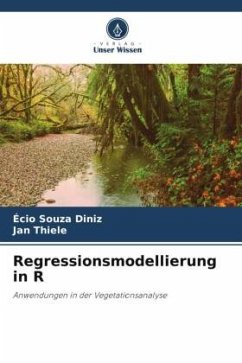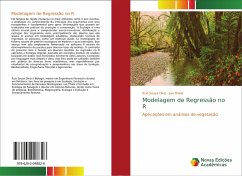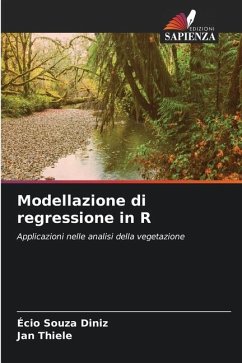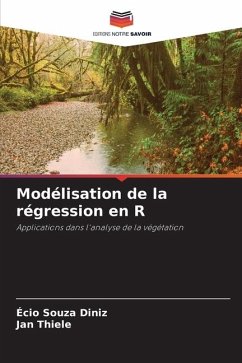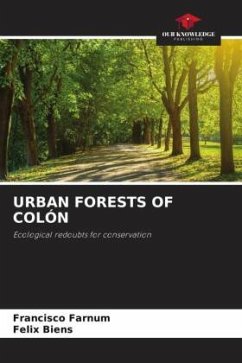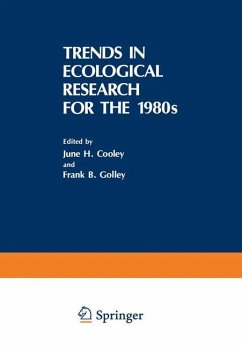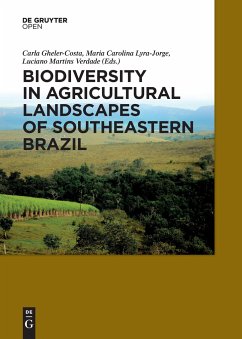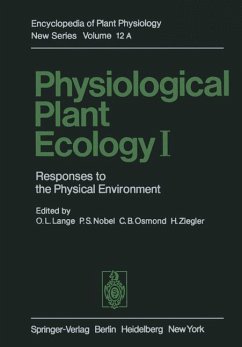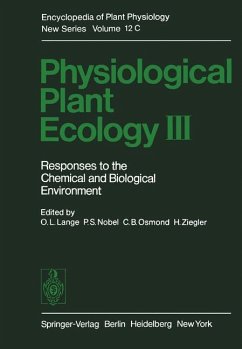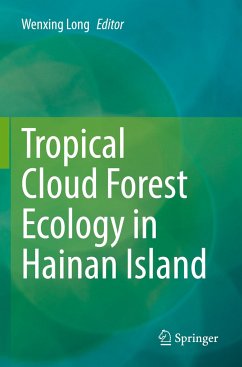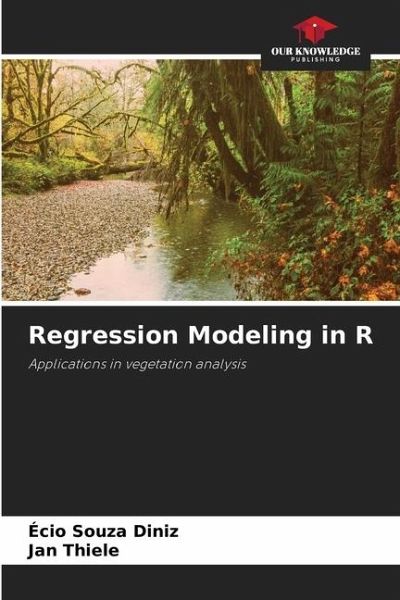
Regression Modeling in R
Applications in vegetation analysis
Versandkostenfrei!
Versandfertig in 6-10 Tagen
24,99 €
inkl. MwSt.

PAYBACK Punkte
12 °P sammeln!
In times of rapid change in the environment such as the one we live in, increasing knowledge of the interaction between organisms and their ecosystems is fundamental to generating information that can be translated into protection and conservation practices. Ecology is a crucial science for understanding the occurrence, distribution and evolution of living organisms, especially sessile plants. Advances in statistical modeling, especially regression techniques, have become an essential ally in the investigation of causal factors in the ecological patterns of species and their interactions. This...
In times of rapid change in the environment such as the one we live in, increasing knowledge of the interaction between organisms and their ecosystems is fundamental to generating information that can be translated into protection and conservation practices. Ecology is a crucial science for understanding the occurrence, distribution and evolution of living organisms, especially sessile plants. Advances in statistical modeling, especially regression techniques, have become an essential ally in the investigation of causal factors in the ecological patterns of species and their interactions. This progress has been widely promoted in the R software through the development of packages for various types of analysis. The content of this book focuses on various regression models in R applied to Plant Ecology, based on practical examples of analysis based on real data freely provided by the authors. Using simple, clear language, this book can also be used by people from various academic fields, but especially by postgraduate students and researchers in the fields of Ecology, Biodiversity, Forest Engineering and Agronomy.





